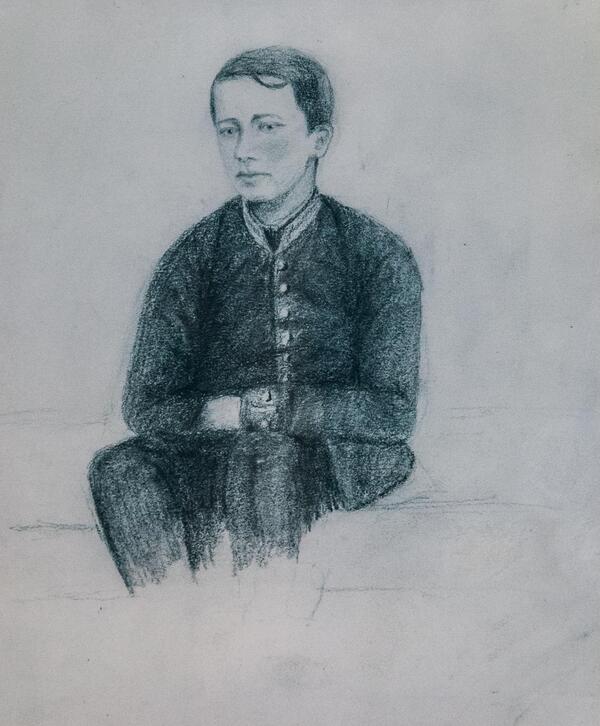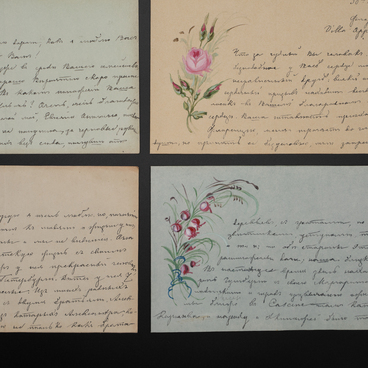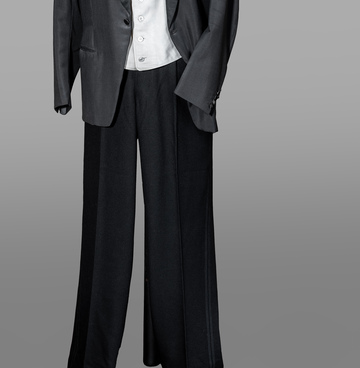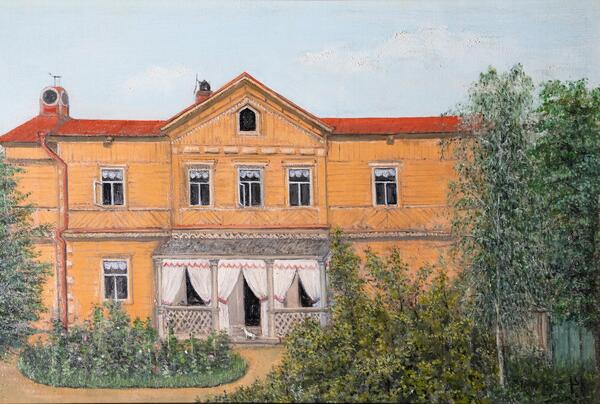The pencil portrait of the young Pyotr Tchaikovsky, at the time a pupil of the Imperial School of Jurisprudence in St. Petersburg, was created by his elder brother Nikolay Ilyich Tchaikovsky.
Their parents saw the same future for Nikolay and Pyotr — to follow in the footsteps of their father, to become mining engineers. It was only at the last moment that a law school was chosen for Pyotr, and Nikolay, as expected, became a student of the Mining Institute. Nikolay did not work for long in his field. He found a worthy application for his technical knowledge, strength and intelligence in the railway business, which was rapidly developing in Russia at that time. Nikolay was a gifted artist.
The Imperial School of Jurisprudence was established in December 1835 and was open until the beginning of 1918. Over the years, the educational institution trained over 2,000 professional lawyers who left a noticeable mark in the social and cultural life of Russia. After graduating from the Law School in St. Petersburg in 1859, Pyotr Tchaikovsky became an official in the department of the Ministry of Justice. In 1866, he was granted the rank of court counselor, which was equivalent to the military rank of lieutenant colonel and considered a prominent social position. This rank was his last: Pyotr Tchaikovsky chose the path of a musician. He graduated from the St. Petersburg Conservatory in 1865 and retired from public service in 1867.
During his university years, Tchaikovsky’s interest in music never diminished. He studied under the pianist Rudolf Kundinger and the singer Luigi Piccioli. His long-term studies in the school choir, whose regent was the outstanding choral conductor Gavriil Yakimovich Lomakin, played a role in the development of Tchaikovsky’s musical talent.
During his studies at the Law School, Pyotr Tchaikovsky composed his first works: the “Anastasie-valse” for solo piano and the romance “My Genius, My Angel, My Friend” on words by Afanasy Fet. To celebrate the 50th anniversary of the educational institution in 1885, Tchaikovsky composed “Jurisprudence March” for a symphony orchestra and “Jurists’ Song” for choir based on his own poems.



